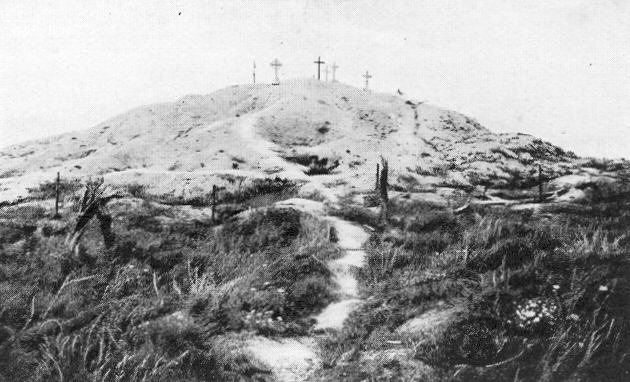In this day and age of instant messaging and the 24-hour news cycle, one organization found out the hard way that there is no such thing anymore as “private” deals.
A British-based heritage group’s head committee, the Western Front Association (WFA), has endured public outcry and tough blowback since details of its sale of the Butte de Warlencourt to its former chair, Bob Paterson.
The butte, an ancient burial mound in France, is cherished because Allied and Germans soldiers fought so ferociously there in 1916, the height of World War I. At the Battle of Somme, almost 19,250 British soldiers were killed.
Control over the nondescript piece of turf, now a prized landmark, flipped back and forth between the Germans and the Allies during two years of the war.
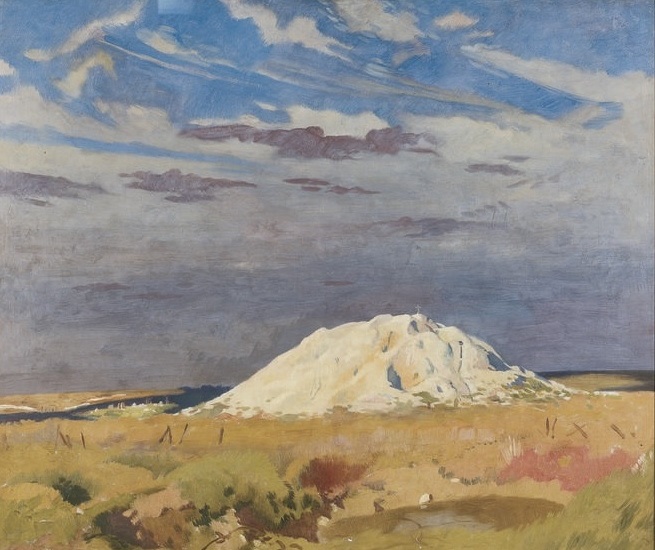
The WFA, a registered charity, was started in 1980 to keep alive knowledge about, and interest in, the Great War. The members banded together in 1990 to buy the site for just 5,000 francs.
The WFA website states that its mission is “non-political,” and it sponsors lectures, tours, and other events to help keep memories of the soldiers’ sacrifices alive.
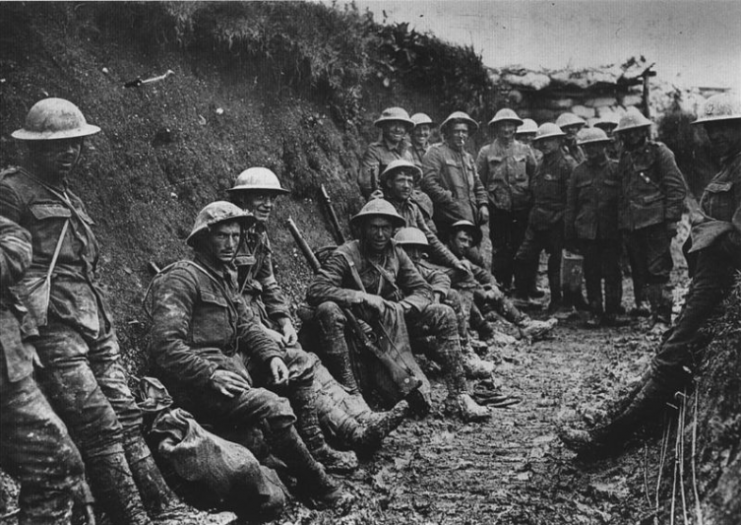
Hence, its members were livid when news broke that the executive committee had sold the butte to a former chair, Bob Paterson. Members were stunned when they read a newsletter in early November announcing the sale, and they took to social media to air their grievances.
The episode created such an uproar that Paterson has now agreed to sell the site back to the association. But it has caused such a fracture within the organization that several trustees have quit, and the Charity Commission is looking into the matter.
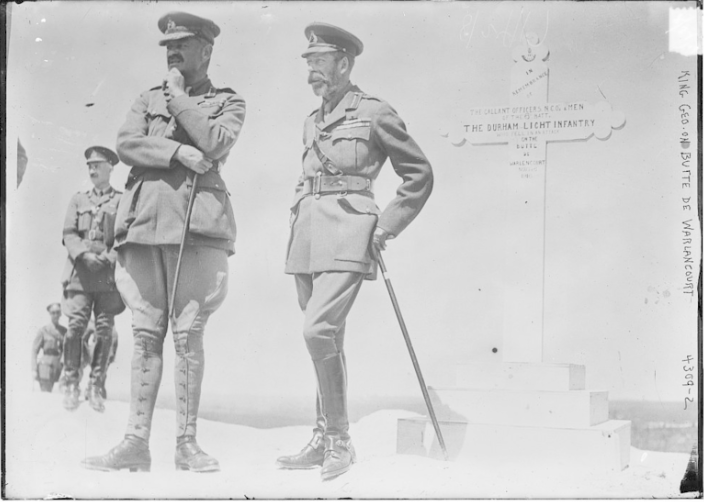
The site in France is one of the most geographically significant places of the Great War. It is mainly for that reason that the WFA took issue with the sale, but they also were angered by how it was handled. The pervading complaint was that the deal was hidden from members and shrouded in secrecy.
Even the military historian Taff Gillingham waded into the fray, telling the Daily Mail that in his opinion, the sale had been “completely mismanaged.”
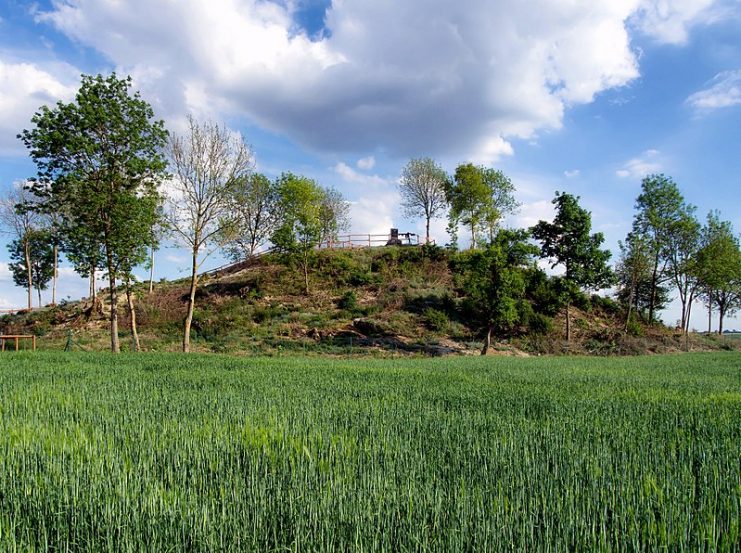
In a followup comment on Facebook, Gillingham reported that Paterson told him, “It was never his intention to upset anybody, and it was his intention to finish the work (on the site) that he had started on the butte, and that he would have been a superb custodian.” Paterson also told Gillingham that the whole affair had been a total horror for him and his wife.
When asked by the Daily Mail on November 7, Paterson said, “I have no further comment to make, except that I informed Mr. Gillingham and others yesterday (November 6) that I have offered, in writing, to sell the butte back to the WFA.”
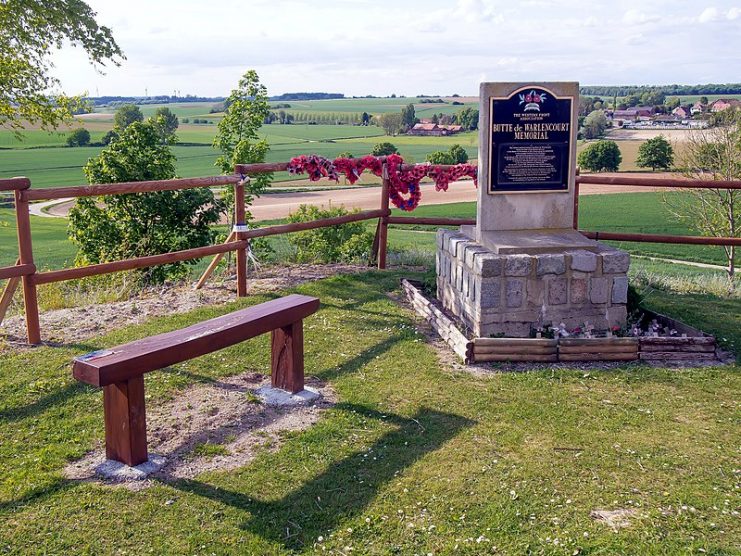
Ongoing details can be found on the WFA’s website.
Some members of the association called the incident “disgraceful, disappointing, and arrogant,” according to the November 1st edition of The Telegraph. Although the issue now seems resolved, a date for the formal return has not yet been announced.
